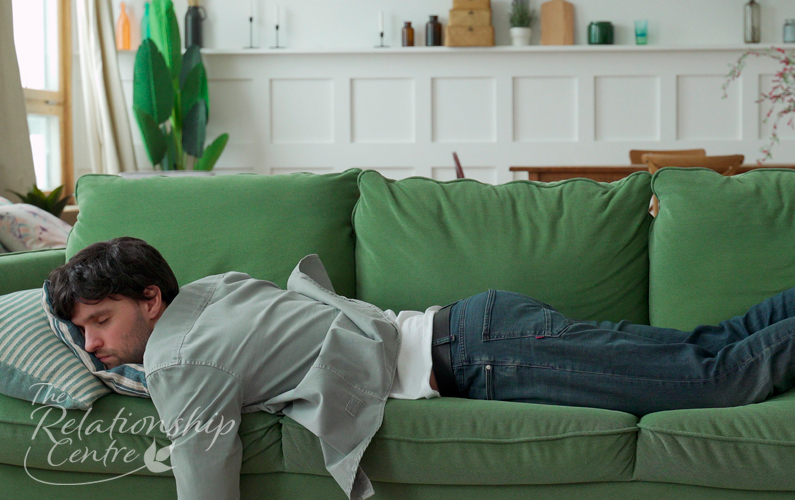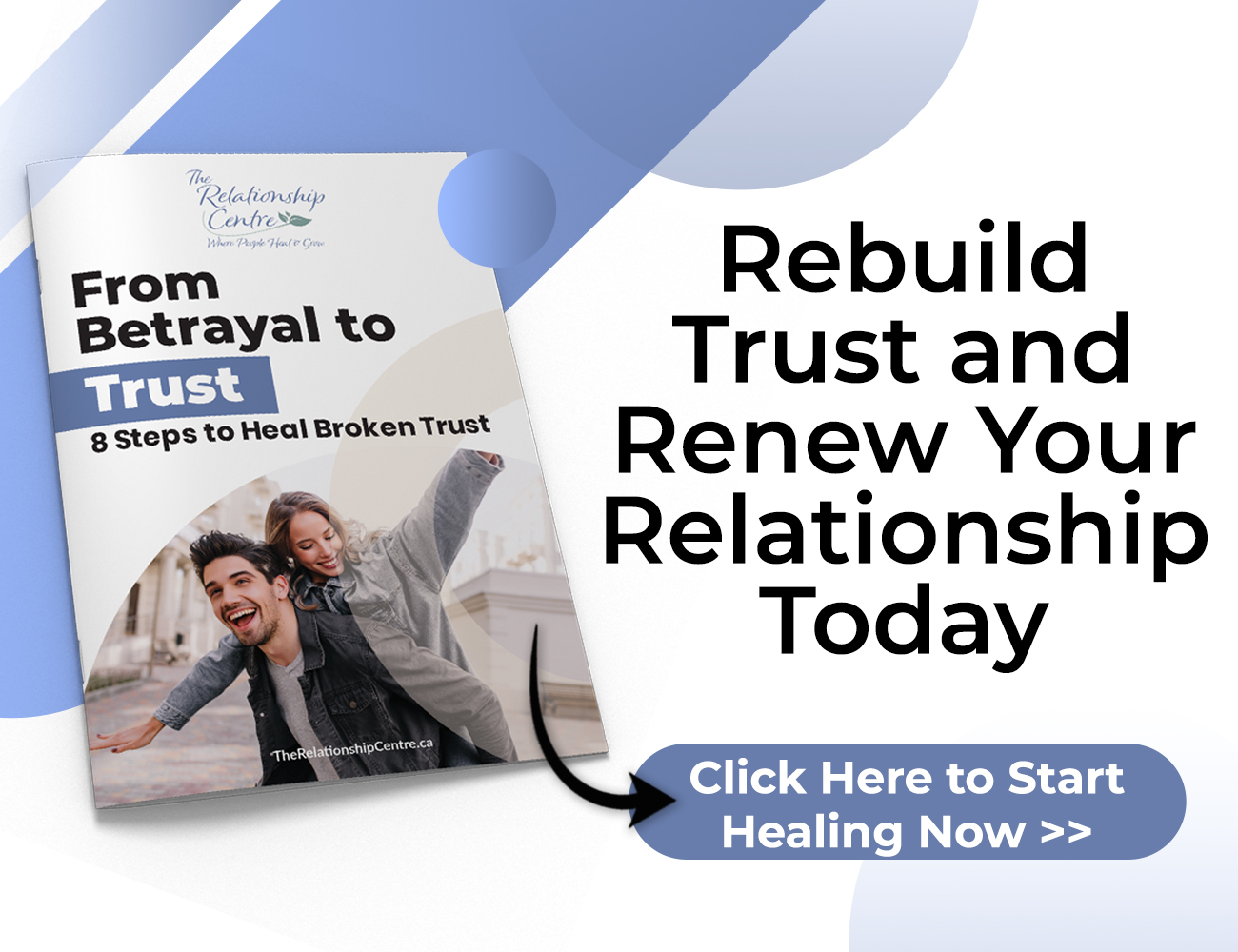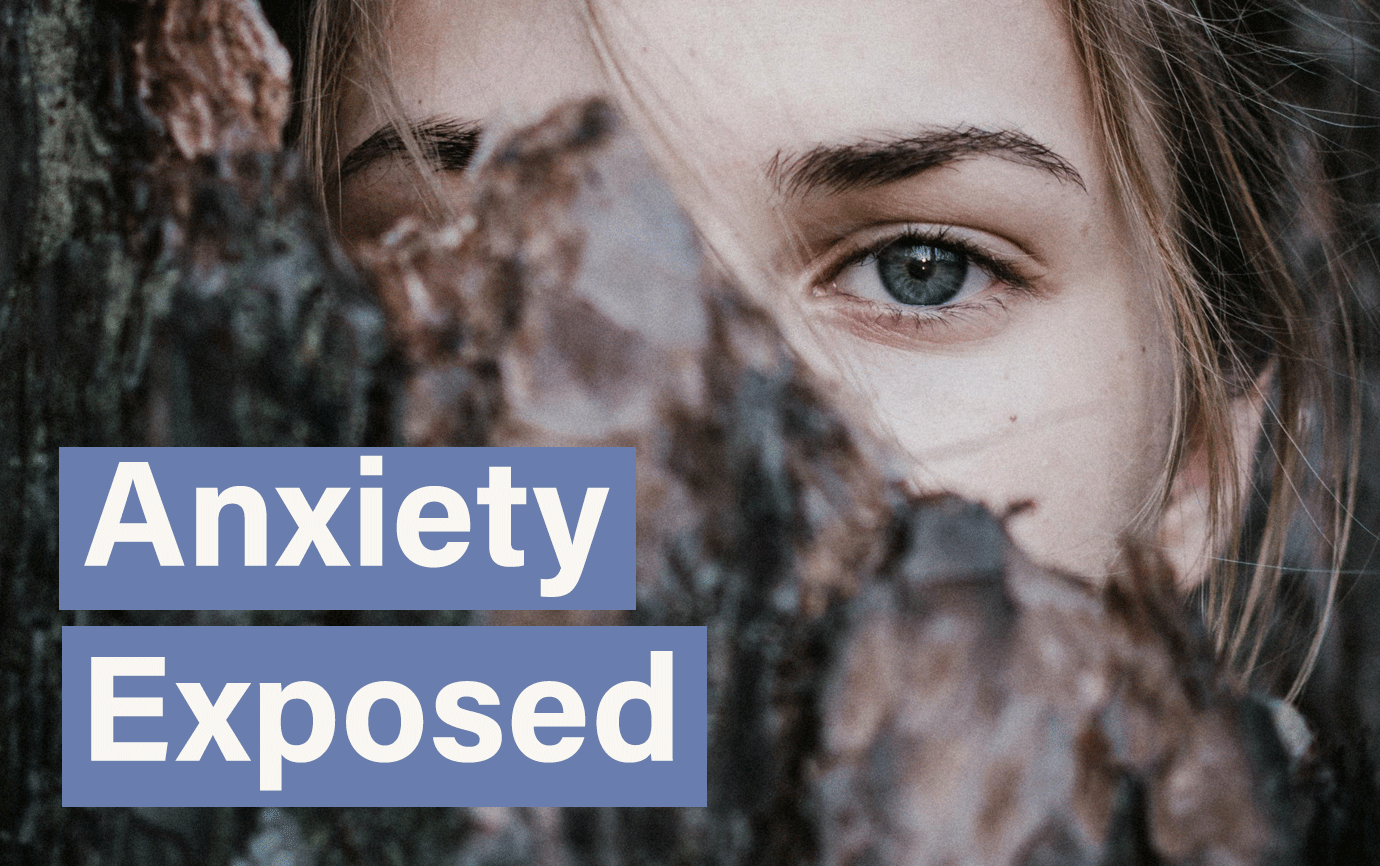Does “always tired” describe your typical energy levels? It can be challenging when you regularly have more tasks to complete than you have energy. It can leave you feeling like you’re one step from being unable to keep up with the pace your life demands.
Constant exhaustion can also leave you wondering about the reasons for your tiredness and where to turn for solutions. On the one hand, we do lose some energy as we age. You rarely see older adults running down the halls of a shopping centre for the sheer fun of it, after all. At the same time, constantly feeling exhausted isn’t normal either.
While the reasons for constant fatigue can be challenging to figure out, finding ways to reduce your fatigue are well worth the effort. Here are some ways to handle constant fatigue.
Consider a Physical Exam
If you feel constantly exhausted, it’s wise to schedule a visit with your physician to see what is going on. Perhaps you experience constant headaches and fatigue every day. If something is found that is causing the fatigue, your physician will be able to help you find solutions to these physical health concerns.
At the same time, many people have all their tests come back normal. This doesn’t necessarily mean there isn’t a physical cause for your constant tiredness. For instance, chronic fatigue syndrome and other autoimmune diseases can be difficult to diagnose. Still, an appointment with your physician is an excellent first step.
On the one hand, it’s a relief to find out there aren’t any ‘serious’ physical health concerns to address. At the same time, it can be highly frustrating because, without identifiable causes for your fatigue, it can be challenging to know what next steps to take. What follows are ways to gain your energy back if you’re always fatigued.
Reduce Your Stress
If you constantly live under too high of stress levels, this will inevitably lead to consistent fatigue. For this reason, look for ways to cut back on stress so you can get proper rest.
This may even require you to cut out activities that aren’t necessary or help with your goals. As you reduce your stress levels, you’ll find it easier to relax when you need to. You’ll also likely start sleeping better at night.
Suppose you constantly feel keyed up and seem to have an endless number of tasks to complete. In that case, it may feel impossible to break free to recharge your batteries. Consider the possibility that you may be wrestling with high-functioning anxiety.
Decrease Sugar and Caffeine
When you’re regularly exhausted, it’s easy to turn to caffeine and sugar for an added boost. However, if that option is overused, it leads to more significant fatigue than the short-lived energy boost you gain.
Our culture tends to consume way too much sugar, which leads to a myriad of health concerns over time. It also leads to energy crashes shortly after consumption.
In addition, caffeine can interfere with your sleep if overused. If you can get yourself to think more long-term and cut back on sugar and caffeine, your energy levels will gradually improve. You can further enhance your energy levels by consuming healthy, nutrient-dense foods.
Increase Your Exercise
It seems like a contradiction, but physically exerting yourself tends to give you more energy. More movement generally leads to even more motion. In the same way, cutting back on physical activity leads to ever-decreasing action. Still, you can form new habits that lead to higher activity and energy levels over time.
In her “Psychology Today” article entitled 11 Ways to Fight Fatigue, Colleen E. Carney Ph.D. shares the following:
“Although fatigue is often associated with not wanting to do anything, paradoxically, sometimes we need to increase activity to shake off the cobwebs. Too often we take the cues of fatigue as a sign that we must do less.”
Improve Your Sleep
As valuable as regular physical activity is, your body still needs regular rest. Do you see room for improvement when it comes to your sleep habits? If so, it never hurts to focus on more and better sleep to combat your fatigue.
That may mean refraining from caffeine, exercise or iPhone use before bed. You may also need to cut back on your daytime napping to feel tired enough when it’s time to sleep. A therapist can also help you develop better sleep patterns and more positive thinking about sleep, so the process becomes more natural and less stressful.
At the same time, you can still struggle with constant fatigue even if you generally get good sleep. This is something Carney emphasizes in her article. Although good sleep is critical for healthy energy levels, it is oversimplifying matters to focus solely on it without considering other factors.
Keep Hydrated
Society is almost conditioned towards dehydration. After all, is it wise to slog down a large tea right before your morning commute? Or do you want to be known as the person at your workplace who constantly needs to use the washroom?
Still, you’ll see an increase in energy levels if you consistently stay hydrated. In your pursuit of better hydration, primarily choose natural, sugar and calorie-free drinks such as herbal tea or water.
Keep Rumination About Fatigue in Check
It’s easy to underestimate how much worse your fatigue can feel if you constantly focus on it. Aches and pains will creep in, and your negative thoughts will make it feel far worse than before. That negative internal dialogue signals your body to follow suit with how you view your situation. Constantly focusing on the negatives about your condition can definitely make you physically sick.
This isn’t to say your fatigue is entirely mental—it probably isn’t. At the same time, you will feel much worse if those negative thoughts aren’t adequately challenged. Therapy is an excellent help in this regard. You can learn ways to challenge that internal dialogue and break free from self-defeating thoughts about your situation. Then, you’ll be able to better tackle the other causes of feeling constantly tired and sleepy.
Remember that Poor Mental Health Can Cause Constant Fatigue
Mental health disorders can take a serious toll on your physical energy levels. Poor sleep and negative thinking patterns, among other challenges, can take their toll. Anxiety and depressive disorders commonly lead to fatigue.
Even if you don’t have a diagnosable mental health disorder, you can still benefit from therapy. That’s because we all get caught in negative, self-defeating thinking patterns from time to time. And these unhelpful or even harmful thoughts cause a severe decline in physical energy. Breaking these mental chains almost inevitably leads to increased energy levels and a renewed sense of purpose.
Are You Always Tired? Counselling Could Help
If you’re struggling with always feeling tired lately, therapy can often be beneficial. First, you’ll have a confidential professional who can help you discuss your frustrations over feeling constantly tired. Your therapist will also help you identify what causes constant fatigue, specific causes, and steps you can take to cope with it better.
If you’d like to discover more about how The Relationship Centre can assist you, please contact us. You are also welcome to schedule an appointment with us at your convenience.














